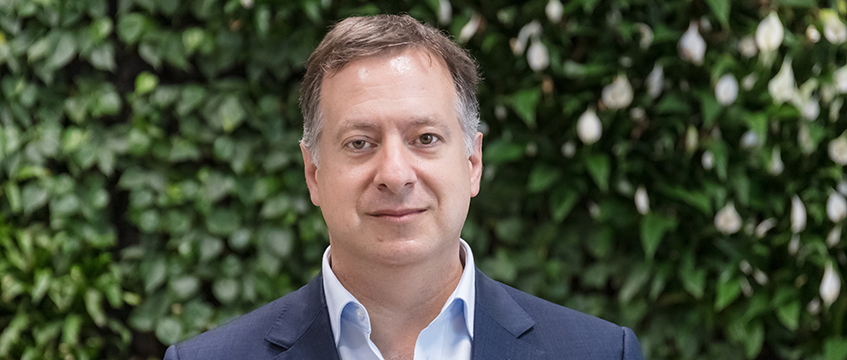Fore Partnership boss on life after Rothschild
Fore Partnership aims to more than double its portfolio to £1bn, having completed its management buyout of shareholder Edmond de Rothschild Real Estate IM’s 32% stake, and wants to hit the fundraising trail in anticipation.
The investment firm, which focuses on the sustainability and wellbeing impact of properties, will likely face challenges having stood on its own just as the coronavirus crisis gripped markets. Managing partner Basil Demeroutis says the outbreak of Covid-19 means the business has “strategically taken a cold, hard look at our pipeline of deal opportunities and probably killed 90% of them”.
“But,” he adds, “some have survived.”
Fore Partnership aims to more than double its portfolio to £1bn, having completed its management buyout of shareholder Edmond de Rothschild Real Estate IM’s 32% stake, and wants to hit the fundraising trail in anticipation.
The investment firm, which focuses on the sustainability and wellbeing impact of properties, will likely face challenges having stood on its own just as the coronavirus crisis gripped markets. Managing partner Basil Demeroutis says the outbreak of Covid-19 means the business has “strategically taken a cold, hard look at our pipeline of deal opportunities and probably killed 90% of them”.
“But,” he adds, “some have survived.”
This includes opportunities to add assisted-living investments to the firm’s existing assets in the office and co-living sectors.
“We are probably fairly close to doing our first deal in that in that area,” Demeroutis says. “We think that is a huge growth area.”
Founded in 2012 by a team from Capricorn Investment Group, the family office of eBay’s first president, billionaire philanthropist Jeff Skoll, Fore is now majority owned by its management team, with its other original shareholder, Capricorn, retaining a 20% stake.
Over the past eight years, Demeroutis says, Fore has built its capabilities outside of its investors, including bringing its regulatory and compliance functions in-house, hence the buyout. “We felt it was time really for us to spread our wings more fully and take back control of our own destiny a little,” Demeroutis adds.
The co-investment club strategy Fore had used since its inception in 2012 had worked well and enabled it to acquire more than 1m sq ft across 12 assets, he says. But to take the business to the next chapter required change.
“The issues around climate change, health and wellbeing have been really brought to the fore recently,” Demeroutis says. “We think there’s a huge amount to do and the market is ripe for us to do it. In order to address that and to scale, we need to really move from this kind of niche club approach to a more mainstream institutional-friendly, traditional fund model.”
Demeroutis expects notable changes to properties after the lockdown ends, with “complicated questions to answer” about what a modern workplace looks like. “I think it will really accelerate trends such as collaborative working and how a modern office looks to be more fulfilling for people that work there every day.”
He adds: “It is hard to predict what will happen as we come out of the crisis, but from our perspective it will pivot further into the area where we were standing, which is a more socially conscious, environmentally friendly built environment.”
Now, fundraising is on the cards, with Fore understood to be exploring raising up to £300m for new investment.
“We are in an exploratory phase [with the fundraising],” Demeroutis says. “Pre-crisis we were moving forward with some with some pace to try to get that going sooner rather than later – but obviously, the crisis has put a little bit of that on hold.
“Once things stabilise and investors find firm ground under their feet again, we’ll be back in the market to start to raise that in earnest.”
To send feedback, e-mail louise.dransfield@egi.co.uk or tweet @DransfieldL or @estatesgazette











